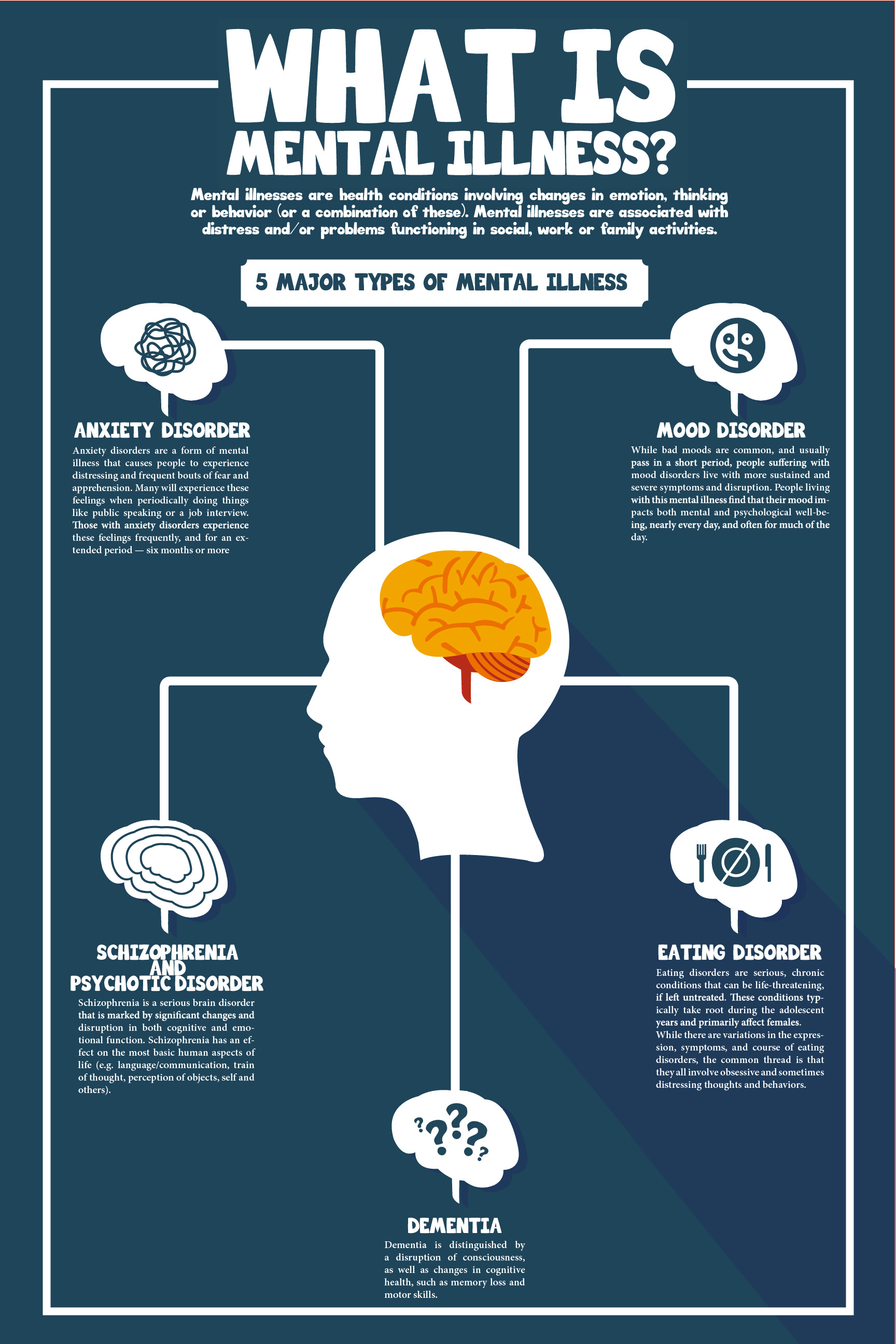

In 2017 they accounted for 2.9% of total employment.

There has been a steady increase in the number of temporary residents, which gives them permission to work or study in Canada.īetween 20, for example, the number of temporary foreign workers more than quadrupled. Refugee claimants, if determined by the Immigration and Refugee Board (IRB) to be protected persons or convention refugees, can apply for permanent resident status (Government of Canada, 2017c). The temporary resident category includes: The information in the next sub-section on temporary residents is included as part of the overview of the Canadian immigration policy. Temporary residents are not considered immigrants this course does not directly address their mental health needs.

Canada's immigration program is governed by the Immigration and Refugee Protection Act (IRPA) and its regulations.įoreign nationals who enter Canada are classified as either: Immigration, Refugees and Citizenship Canada (IRCC) sets the conditions that govern who enters and who remains in Canada. What were the top three destination countries for international migrants? (International Organization for Migration, 2021) Among these: In 2020, one in thirty people were migrantsĢ81 million international migrants (people residing in a country other than their own).Ĩ2.4 million people who were forcibly displaced from their home country as a result of persecution, conflict, generalized violence or human rights violations. It is important for service providers to understand their role and obligations under their own provincial or territorial act, as well as the rights afforded to people living with mental health problems and illnesses. SDMs are individuals who have been authorized under legislation (in Ontario this is outlined in the Health Care Consent Act to make decisions concerning personal assistance on behalf of people who are incapable of doing so. These acts also provide guidance on the actions and duties of police and health care practitioners, including when it is necessary to seek consent from a substitute decision-maker (SDM). This includes information around admission to hospital (voluntarily and non-voluntarily), such as when it can occur, under which criteria, the duration and the rights of the client depending on the type of admission. In most provinces and territories, the Mental Health Act outlines legislation, guidance, rights and obligations related to the provision of mental health care. Racialized persons and those already experiencing poor mental health before COVID-19 experienced greater negative impacts (Statistics Canada, 2021) (Canada, 2020).ġ.1.2: legislation affecting the rights of clients Įach province or territory in Canada has laws that outline the legal rights of clients with a mental health problem or illness. National surveys on COVID-19 and mental health indicate that more Canadians screened positive for symptoms of depression and anxiety a year after the pandemic began compared to the year before the pandemic. *Mental Illness includes mood and anxiety disorders, SUD, schizophrenia, ADHD, ODD, Conduct Disorders, and Dementia. Hover over the bars to see mental illness rates among different age groups in the Canadian population. The increase is primarily driven by Canada's projected population growth and aging population over the next 30 years. As the graph below shows, it is estimated that this increase will apply to all age groups. In any given year, one in five Canadians will experience a mental health problem or illness.Ībout half of Canadians will have or have had mental health problems or disorders by the time they turn 40 years old.(Canadian Mental Health Association, 2021)īy 2041, it is projected that over 8.9 million people in Canada will be living with a mental health problem or illness (MHCC, 2013) - and this figure does not account for COVID-19 impacts. Immigration and the social determination of healthġ.1: understanding mental health in Canada

Develop an infographic from immigrant and refuges mental health project CAMH (


 0 kommentar(er)
0 kommentar(er)
